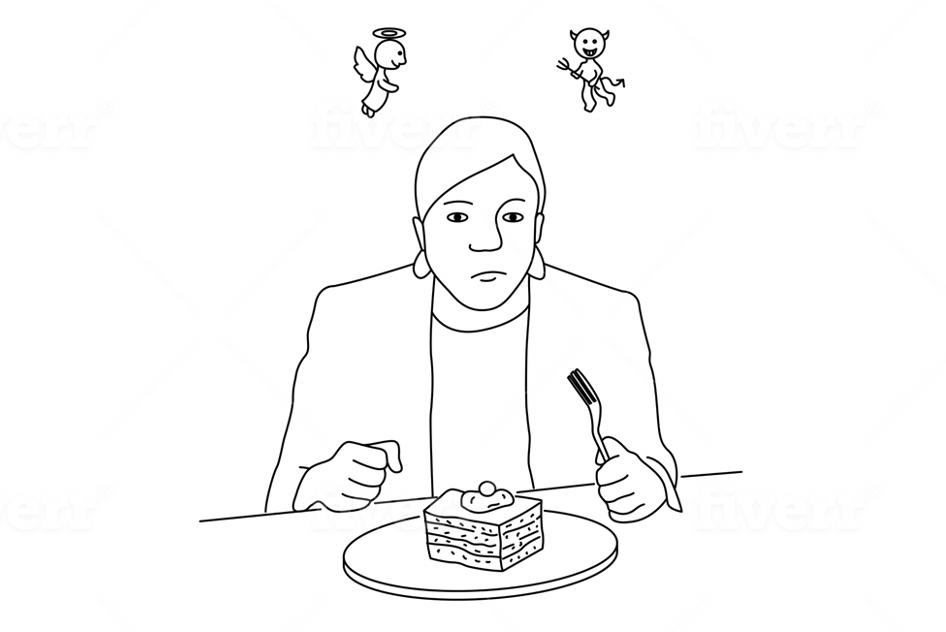
The Costs of Impulsivity
One tendency that causes difficulty is impulsivity. It can cause people to act against their own interests, or the interests of others they care about, or against the principles they care about.
What Causes Impulsivity?
When the mental apparatus detects a stimulus, it wants to resolve the resulting disturbance with a true solution, a response that will end the disturbance. If there is no true solution, a partial solution will be chosen; one that reduces the disturbance as much as possible.
A stimulus is composed of both a perception of something and one's feeling about that perception. And often, the feeling may originate from something other than the perception itself. Rather, it may come from something related to that perception.
Impulsivity Due to Depression
For example, if a person who is dieting perceives the stimulus of a delicious piece of cake, the best response might be to refrain from eating the cake in order to preserve her diet. But what if the cake is associatively related to early memories of eating to soothe herself when she felt abandoned by her mother? Those memories would be part of the current stimulus, strengthening it, requiring a stronger response: devouring the cake.
Impulsivity Due to Anxiety
One day, as I was driving up the on-ramp to a freeway, a car came hurtling down toward me. The driver would have had to make a hairpin turn in order to do this. Luckily for me, as I was just starting up the ramp, there was still room for him to squeeze past me, and he sped off. I would certainly categorize this as an impulsive act. Why would he do such a thing? The most likely explanation, it seems to me, is that he was trying to escape from the police. Or perhaps an enemy? The stimulus of a pursuer would best have been met by some less potentially suicidal evasion. It must have been augmented by associatively related fears.
Impulsivity Due to Anger
The stimulus that led me to write about impulsivity was the voting that occurred in an election yesterday. In any election, people don't always vote for what would be in their best interest. What prevents them? For many, anger. A rational choice can be overridden if it is associated with thoughts that provoke angry feelings.
Mundane Examples
More mundane examples of impulsivity include blurting out comments that may be hurtful to others (or embarrassing to oneself), making unwise purchases, and taking on too many tasks.
How Can One Deal with Impulsivity?
When you are the recipient of someone else's impulsivity, for instance, if someone blurts out a hurtful remark, you can use the Emotional Comfort Tool to restore your equanimity.
If you are the one who has been impulsive, you can use Step 3 of the Tool to create a new mental pathway that will be dedicated to ameliorating the problem that caused that particular act of impulsivity. (This is a good way of identifying a problem that you might not have realized that you had.)
GET THE COMPLIMENTARY Tool